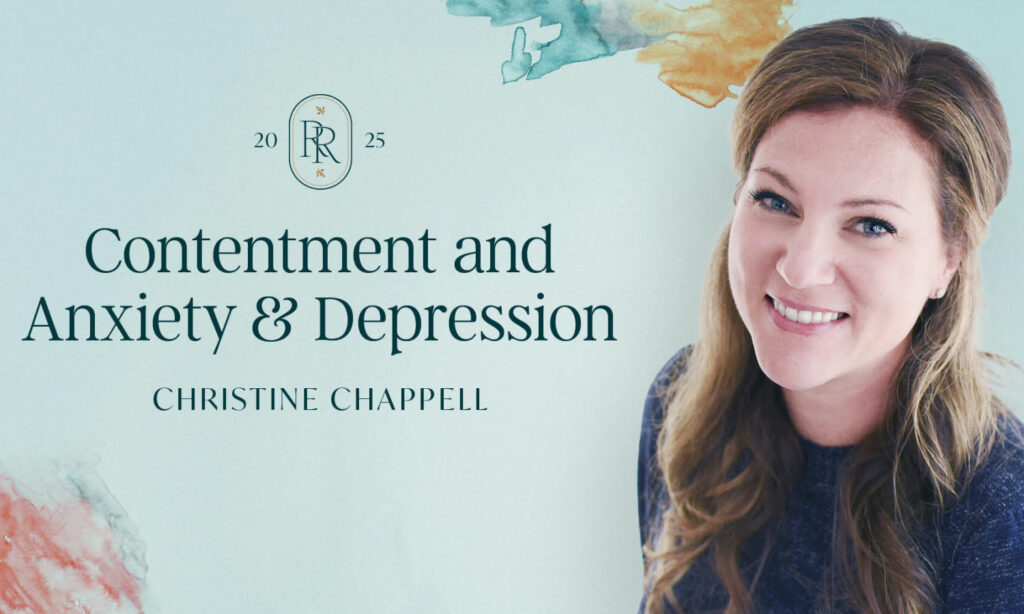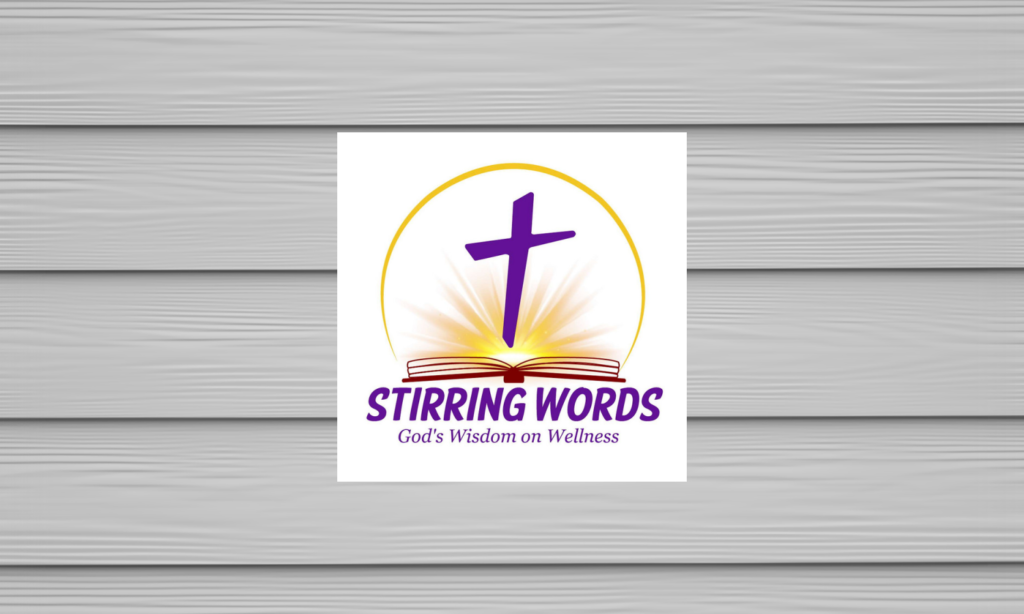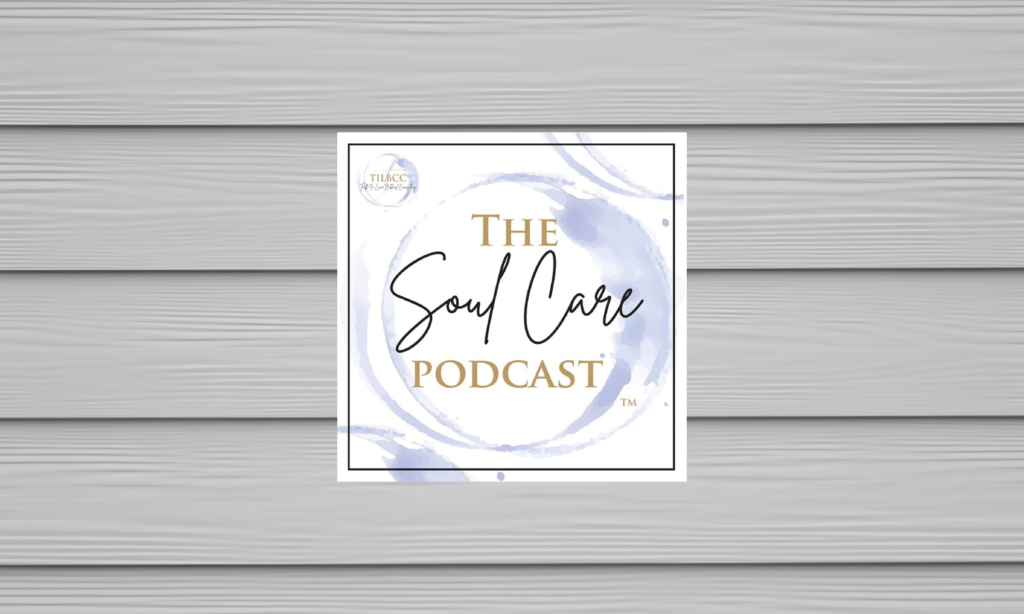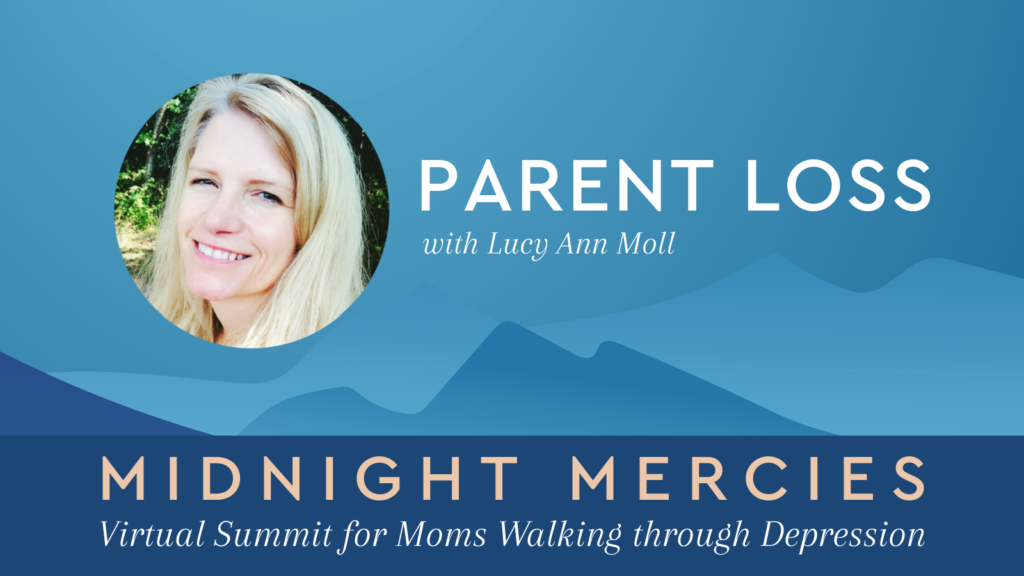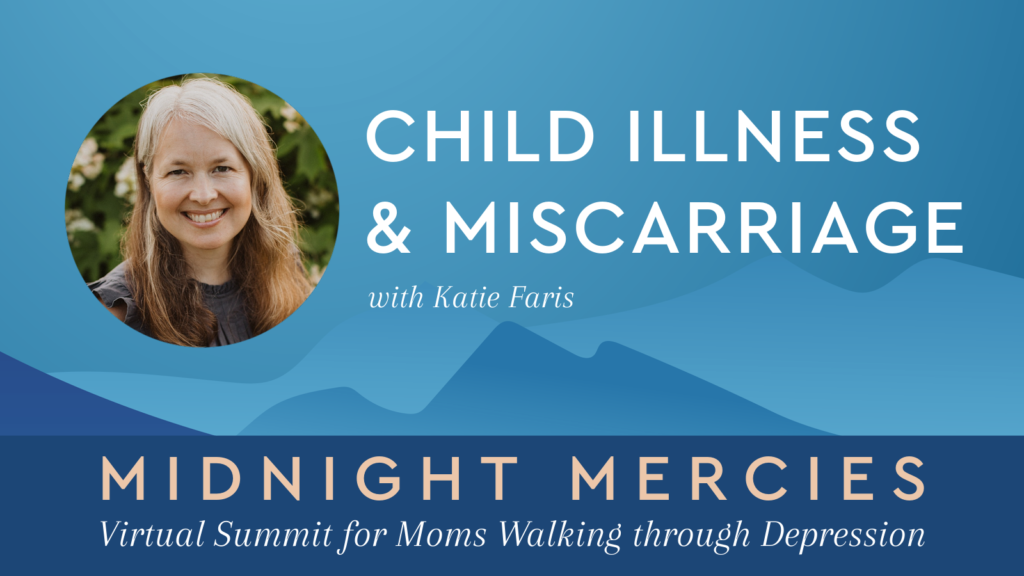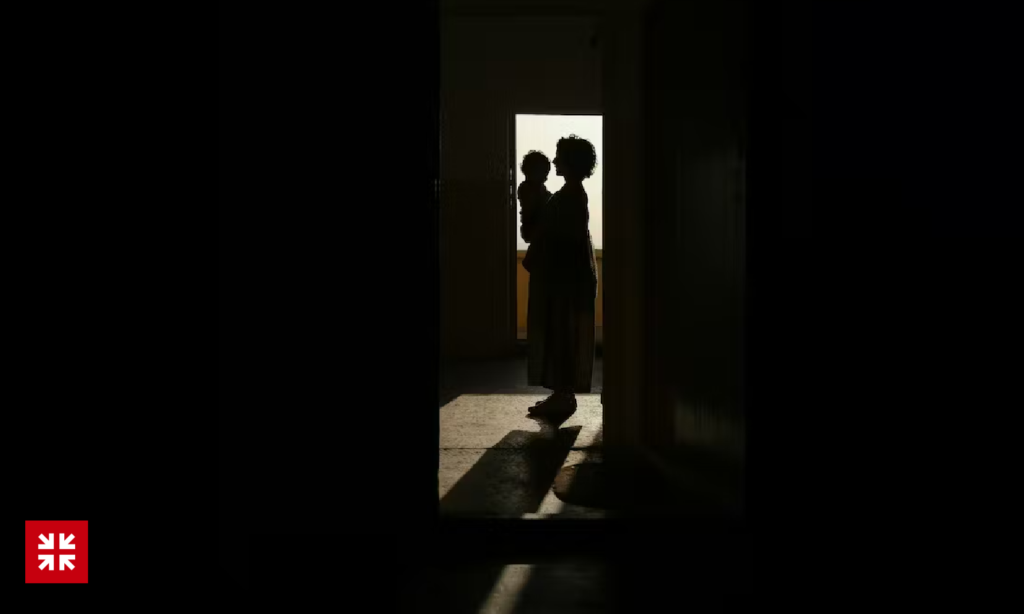This article originally appeared on the Servants of Grace blog on November 26, 2019. Read the entire article at this link.

Sometimes worship comes by way of weeping in the pew. When the broken enter the sanctuary of God on Sunday mornings, they do so, perhaps, with every fiber of their being tempting them to withdrawal. They drag their grief, depression, and sorrow behind them like a ball and chain, plodding along to their seats with the hope of going unnoticed in the crowd; that they manage to make it to church after peeling themselves out of bed is a grace manifested through gutsy volition.
There in the pew, they collide with the unspoken notion that a painted smile with stoic countenance acts as a prerequisite for respectable attendance. We subconsciously oblige the sorrowing among us to swallow their grief, pipe up, and praise the Lord. Disconnected from the celebratory riffs and confident proclamations, the crushed in spirit become sorely neglected by the exclusion of their spiritual pain in corporate worship.
In short, we stigmatize the sorrowing by fostering an emotional prosperity culture.
Dietrich Bonhoeffer wasn’t fooled. He warned that community built upon “rapturous experiences and lofty moods” would stymie true Christian fellowship and prove itself disingenuous over time. The result being communities of believers who build programs and religious activities on human ideals instead of divine realities (Colossians 2:8). While Revelation 21 specifically lists death, mourning, crying, and pain as fundamental grievances believers will face, there's a shocking lack of corporate preparation to meet with such sorrows. Removing the stigma of deeply painful sadness requires the local church’s unhurried commitment to making room for it on Sunday mornings and a desire to equip leaders in one-another care.
There in the pew, they collide with the unspoken notion that a painted smile with stoic countenance acts as a prerequisite for respectable attendance. We subconsciously oblige the sorrowing among us to swallow their grief, pipe up, and praise the Lord. Disconnected from the celebratory riffs and confident proclamations, the crushed in spirit become sorely neglected by the exclusion of their spiritual pain in corporate worship.
In short, we stigmatize the sorrowing by fostering an emotional prosperity culture.
Dietrich Bonhoeffer wasn’t fooled. He warned that community built upon “rapturous experiences and lofty moods” would stymie true Christian fellowship and prove itself disingenuous over time. The result being communities of believers who build programs and religious activities on human ideals instead of divine realities (Colossians 2:8). While Revelation 21 specifically lists death, mourning, crying, and pain as fundamental grievances believers will face, there's a shocking lack of corporate preparation to meet with such sorrows. Removing the stigma of deeply painful sadness requires the local church’s unhurried commitment to making room for it on Sunday mornings and a desire to equip leaders in one-another care.
By corporately acknowledging the broken-hearted through worship, preaching, and one-another care, we affirm that sorrows of any kind rightly belong in the house of God. Such attentiveness, compassion, and Christian community can become one of the most blessed manifestations of Jesus Christ’s presence we can experience on this side of heaven.Making Church a Safe Place for Sorrow

Christine M. Chappell
Author/Writer/Speaker
Christine Chappell is the author of Clean Home, Messy Heart and Help! My Child is Depressed (forthcoming with Shepherd Press, Spring 2020). She hosts The Hope + Help Project podcast and has completed biblical counseling certificates with the Institute for Biblical Counseling & Discipleship. Christine's writing has been featured at Desiring God, The Gospel Coalition, Risen Motherhood, Servants of Grace, and Thrive Moms.
Click to learn more about my weekly resources.
Every week, a different topic.
Carefully curated Christ-centered resources designed to equip you to face life's challenges with courage and clarity.
Helpful for sufferers, strugglers, and supporters alike.
Click the picture to the left, or the mail icon above to learn more about my weekly deliveries.
Or, if you know you want to receive them already–complete the form below.
Helpful for sufferers, strugglers, and supporters alike.
Click the picture to the left, or the mail icon above to learn more about my weekly deliveries.
Or, if you know you want to receive them already–complete the form below.




